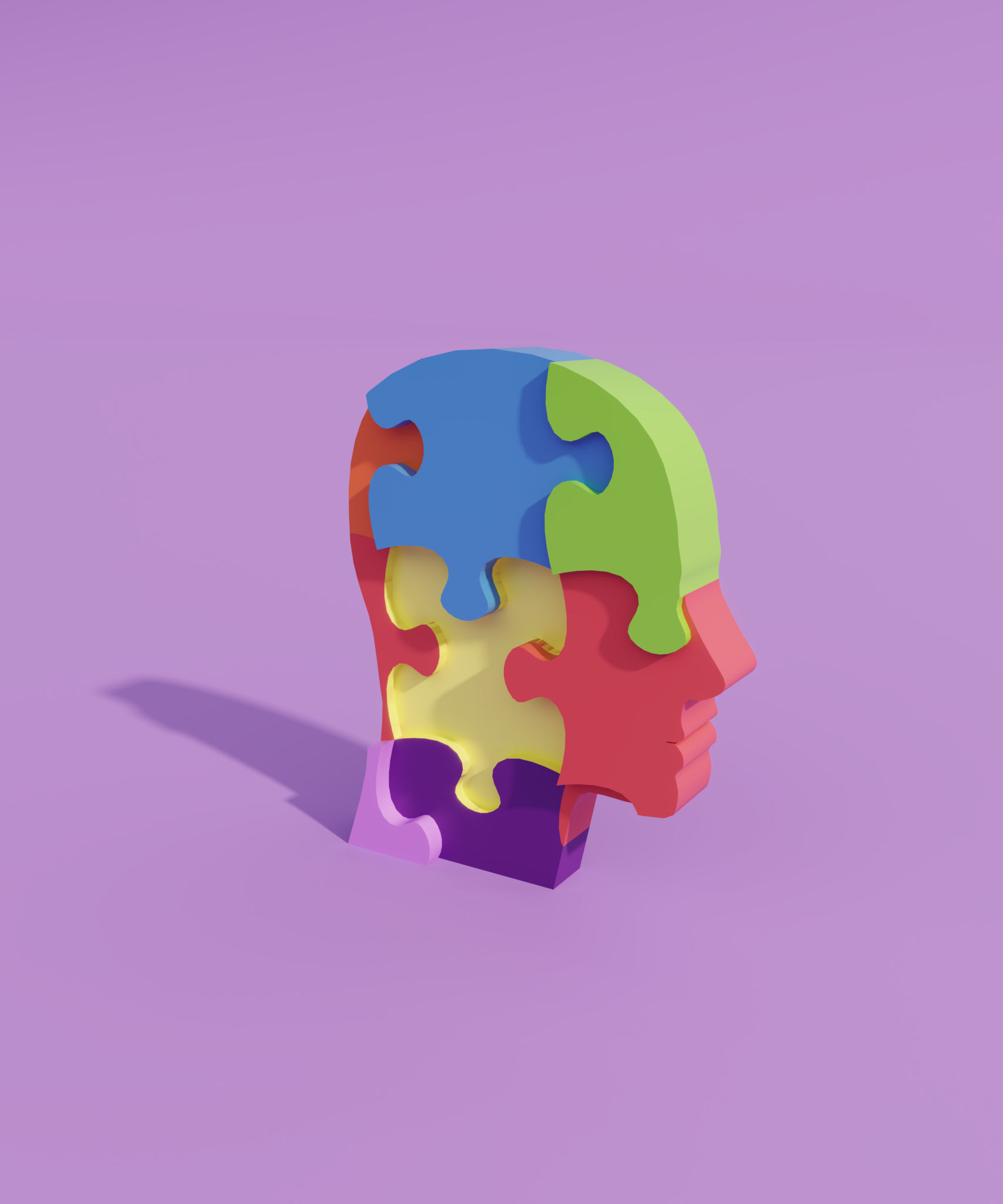Breaking the Cycle: Understanding Emotional Abuse and Finding Your Path to Freedom
Recognizing Emotional Abuse
Emotional abuse can be subtle and insidious, making it difficult to identify. Unlike physical abuse, it leaves no visible scars, but its impact can be just as damaging, affecting a person's self-esteem and mental health. Understanding the signs is the first step in breaking free from this destructive cycle.
Common signs of emotional abuse include constant criticism, manipulation, and control. Abusers often use tactics like gaslighting, where they twist reality to make the victim doubt their perceptions and feelings. If you find yourself feeling consistently belittled or manipulated, it might be time to reassess the dynamics of your relationship.

The Impact of Emotional Abuse
The effects of emotional abuse can be long-lasting, impacting not just mental health but also physical well-being. Victims often experience anxiety, depression, and a diminished sense of self-worth. Over time, these feelings can lead to isolation and a reluctance to seek help, trapping individuals in a cycle of abuse.
It’s important to acknowledge that these effects are not your fault. Emotional abuse is designed to undermine your confidence and independence. Recognizing the impact is crucial in taking steps towards healing and recovery.

Steps to Break Free
Finding your path to freedom from emotional abuse requires courage and determination. Here are some steps you can take to begin this journey:
- Acknowledge the Abuse: Accept that what you are experiencing is abuse and that you deserve better.
- Seek Support: Reach out to friends, family, or professional counselors who can provide guidance and support.
- Set Boundaries: Establish clear boundaries with the abuser and communicate what behavior is unacceptable.
Building a Support System
A strong support network is vital for anyone looking to escape an abusive situation. Surround yourself with people who validate your experiences and encourage your journey towards freedom. Consider joining support groups where you can connect with others who have had similar experiences.

Therapy can also play a significant role in healing from emotional abuse. A skilled therapist can help you process your experiences, rebuild your self-esteem, and develop strategies for creating healthier relationships in the future.
Embracing Your Path to Freedom
Breaking the cycle of emotional abuse is not easy, but it is possible. As you move forward, remember that healing takes time. Be patient with yourself and celebrate small victories along the way.
As you embrace your newfound freedom, focus on rediscovering your passions and interests. Reconnect with activities that bring you joy and fulfillment. This journey is about reclaiming your life and building a future free from abuse.

Conclusion: Empowerment and Healing
Understanding emotional abuse and taking steps towards freedom is an empowering process. By acknowledging the abuse, seeking support, and embracing your path to healing, you can break free from the cycle and create a life defined by self-respect and happiness. Remember, you are not alone, and you have the strength within you to overcome this challenge.